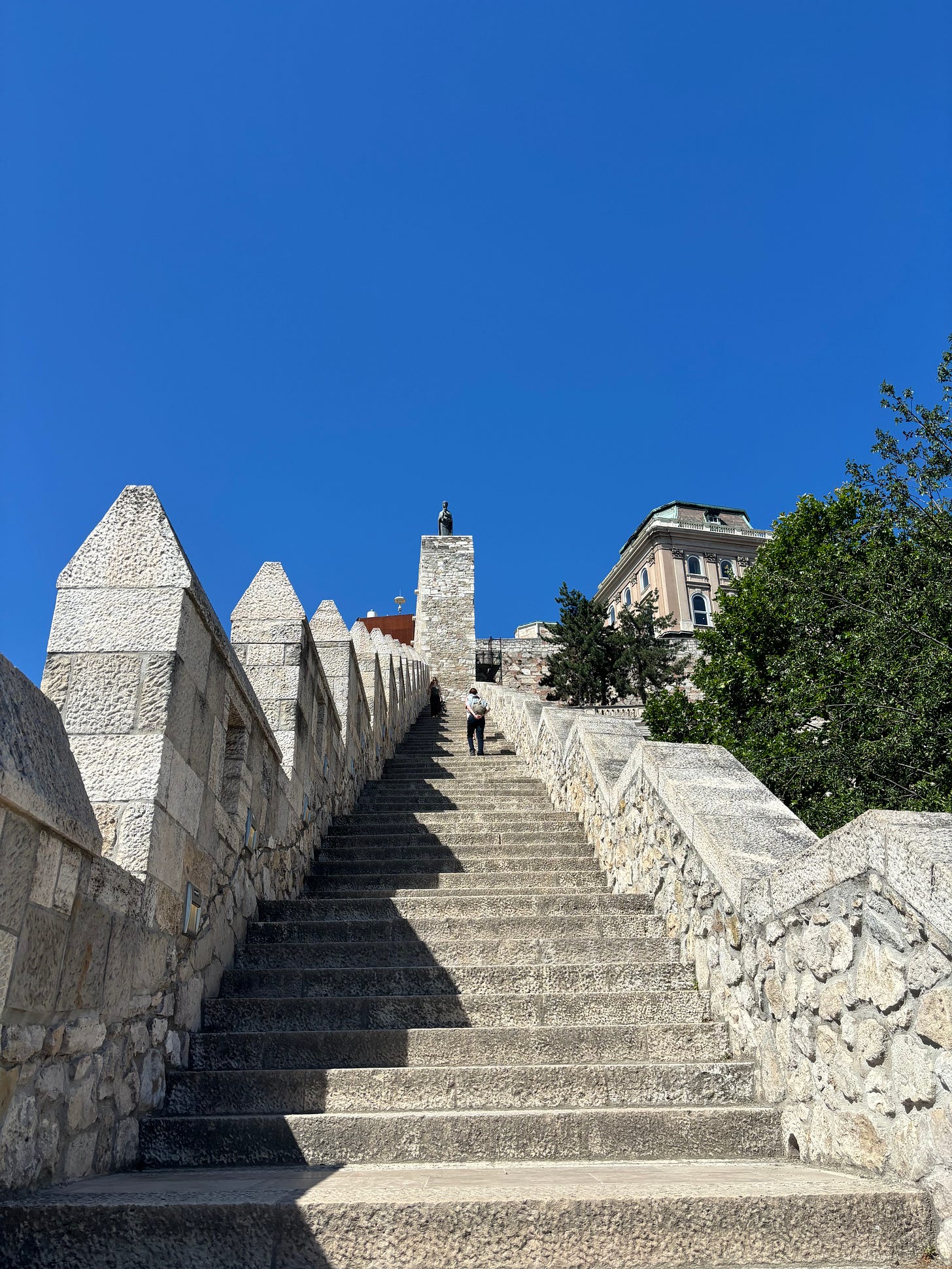Reordering Order
Morning Thoughts #179
In my blood, I crave order and predictability, yet I also pray and have faith in the unfolding of unplanned fate. I keep a messy desk and write illegibly but rejoice at the idea of symmetry. Perhaps this is not contradictory. Faith is the belief that fate is not disorderly but rather an undiscovered order. To believe in fate is to believe in the eventual discovery of this order. Sometimes I like to feel myself a follower in the search party for it, other times the leader.
I dislike dangerous areas and people too prey to their emotions and impulses, as these are often prerequisites for criminality. Yet there are exceptions too. Those with the depth to contain excess emotions without spilling them everywhere—are these not often the agents of humanity’s most beautiful expressions? To be controlled and yet overflowing at once, crafting what cannot help but keep brimming out from them, shaping it as it goes and flows.
Our society is tending towards disorder, but what is the nature of disorder? Maybe the nature of society is to always tend towards disorder; the only question is how steep the slope is at any given time.
If we are entropic, and a heart transplant ensures order in an ailing patient while the lack of one leads to disorder, isn't this an artificially imposed order? From another angle, isn't the natural fate of the original heart orderly in a universal sense, apart from human conceptions? Human order is an order within a larger order. Our world is so cordoned off that secondary order, original order, is seen as disorder. What if order, in total, is actually a balance of two different kinds of orders: a conscious one and a natural one?
Why do we find peace in mountains and stargazing? Maybe because we subconsciously realize we have found perfect models worth imitating. At the same time, anything worth imitating is also worth customizing. The base ingredient of human art is order. We add our conscious excess to it. Order takes different forms: culture, government, language, portrait painting, etc. But order is the root. What we prize in nature, we model—and then some! I do not think a well-crafted abstract painting opposes order; rather, it presents just another human angle of it. Universal order is the stability from which our specifically human order blooms. We look to nature as our first and primary subject. And nature comprises so much!
Not paying attention to the universe doesn't mean we don't still try to create order in our own way. It just means that what we create may be less true to form. A bad painting doesn't mean the subject was ill-formed, ugly, or asymmetrical. It’s not the subject at fault; it’s our attention. To create order, we look to the model. The holy books are descriptions of this model, put into words. Our inner sense, our soul, becomes more orderly as it better takes in the original model of the natural world. Taking a deep breath of focus brings oxygen to our soul, an inhalation of fresh, fresh order.
This is the nature of worship: worship in nature. And then completing it with human, joyful expressions: reorderings of order!

